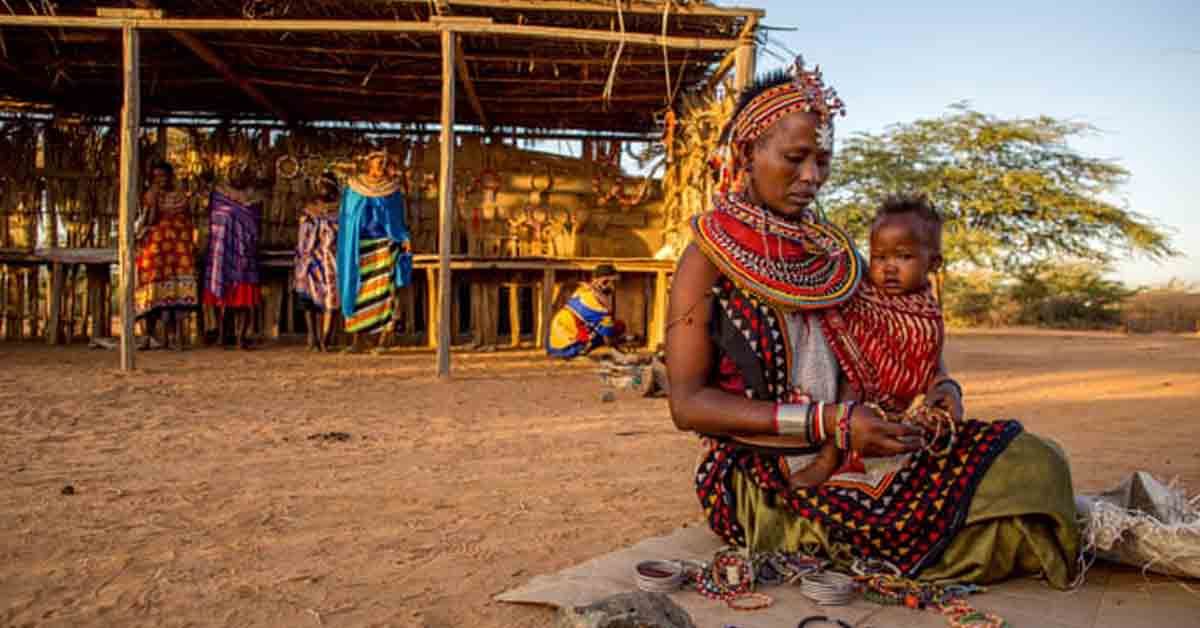
While doing some study on matriarchy and its relevance in contemporary times, I happened to stumble upon this village in Kenya named Umoja.
This village, from what I have learnt, is a single-sex village- men are barred from entering.
It was founded in 1990 as a refuge camp for women who had suffered abuses (of any kind) at the hands of men, especially, at the time of the village's formation, at the hands of British soldiers stationed in Kenya.
Today, the village is a living example of a self-sufficient economy, where matriarchy prevails in the truest sense.
The women make and sell jewellery.
You can resort to an article in The Guardian in case you want to know a little more about those women and their traumatic experiences.
Now the reason I am penning down this post is that I seemed to have found an interesting parallel to Umojain- our popular culture.
The character of Black Panther, the king of the fictional Kingdom of Wakanda, lives in a society that in many ways resembles the gender norms of Umoja.
My focus is especially on the characters of Shuri and Okoye, the two matriarchs of Wakanda. Of course, the resemblances are obvious, given the fact that both societies are based in Africa.
However, what I found interesting is that all women folk of Umoja are in one way or the other victims of patriarchal oppression, and they are unitedly fighting their own demons.
The characters of Shuri and Okoye are also warriors, fighting fictional enemies, hidden from the materialistic world engrossed in a culture of consumerism.
To Okoye, allowing outsiders means the setting up “of a Starbucks” in Wakanda, whereas for the women of Umoja, allowing men (only tourists) to visit their village is just another source of revenue (very minimal).
Patriarchal oppression is the biggest threat to the women of Umoja and it is represented in the nature of the consumerist world outside Wakanda that threatens to annihilate their cultural ethos in Black Panther.
I understand that this is a very shallow analysis but the only reason I love Marvel is that the folks over there challenge racial stereotyping time and again, helping us acknowledge the ‘difference’ and not perceive it as oppositional.
MORE FROM THE AUTHOR | Coolness, Indianness, And The Cultural Hegemony Of The West